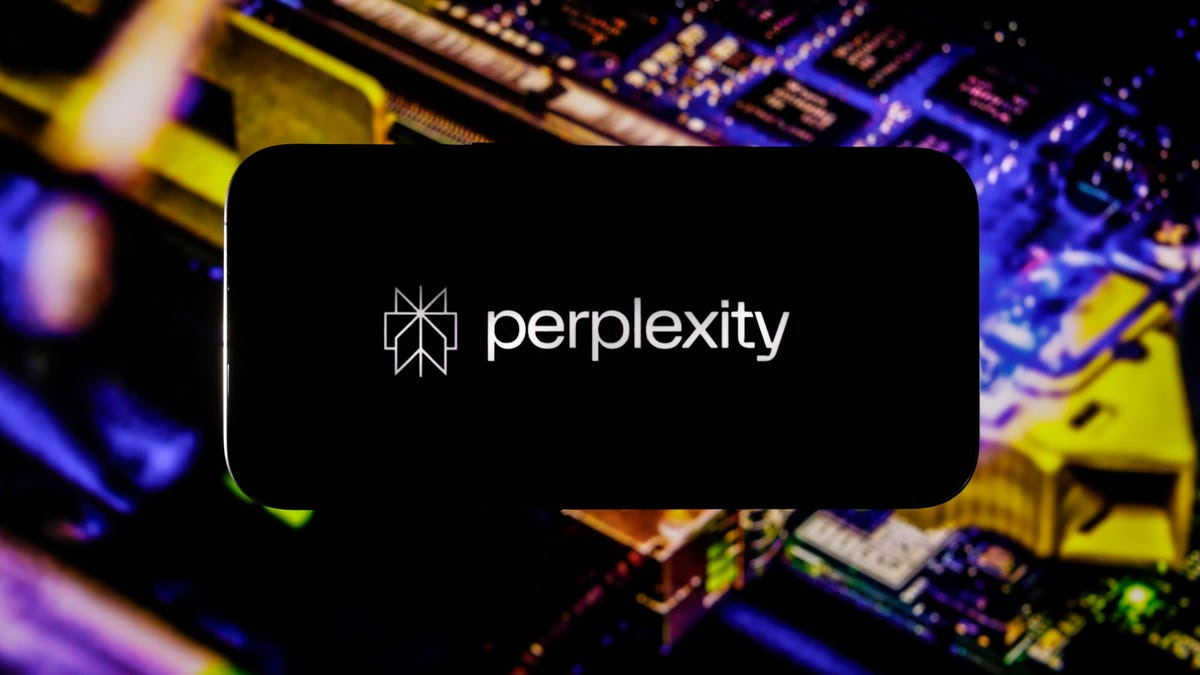AI, Search, And the Price of Monopoly
As traditional search falls victim to AI, its dependents feel the pain
The BBC sent a sternly worded letter to Perplexity AI CEO Aravind Srinivas earlier this month, accusing the startup of scraping the Beeb’s archives and reproducing its content verbatim without permission, and threatening legal action if it doesn’t stop.
"This constitutes copyright infringement in the UK and breach of the BBC's terms of use," the letter said. It also cited recent research showing that four AI chatbots, including Perplexity, were inaccurately summarizing news stories, including from the BBC. "It is therefore highly damaging to the BBC, injuring the BBC's reputation with audiences - including UK licence fee payers who fund the BBC - and undermining their trust in the BBC," the letter said.
In addition to ending its unauthorized scraping, the BBC demands Perplexity delete all existing copies of BBC content used to train its models and to submit a “proposal for financial compensation” for the scraping already done.
In response, Perplexity called the BBC’s claims “manipulative and opportunistic,” based on "a fundamental misunderstanding of technology, the internet and intellectual property law.”
"The BBC's claims are just one more part of the overwhelming evidence that the BBC will do anything to preserve Google's illegal monopoly,” the Perplexity statement added.
The response isn’t really an answer to the BBC’s complaints. Nor is it likely to prove an effective legal defense, if it comes to that. But Perplexity does have a point.
Speaking at an Axios Live event during Cannes Lions this month, Cloudfare CEO Matthew Prince laid some brutal statistics on the assembled publishers illustrating what the shift from traditional search to AI-powered “answer engines” like Perplexity has done to their business.
Ten years ago, Googled crawled two pages for every one visitor it sent to a publisher’s website. Six months ago, according to Prince, that ratio had fallen to 6:1, due in large part to the launch of Google Overviews, which provide summaries of information scraped from the web in response to search queries, above any of the blue links to publishers’ sites. Although Google provides links to the sources tapped for its summaries, more than 80% of users never bother to click through.
The ratio was even worse six months ago with pure AI engines. For OpenAI it was 250 pages crawled per visitor, and for Anthropic it was 6,000:1.
Today, those ratios have fallen to 18:1, 1,500:1, and 60,000:1 for Google, OpenAI, and Anthropic, respectively.
That comports with what people in the ad-supported publishing world tell me. Their average page views have fallen off a cliff in the last six months, causing advertisers to flee or demand substantial discounts. Many publishers have resorted to mass layoffs to cut costs in the face of declining revenue.
While the rapid growth AI-powered search is the proximate cause of bloodletting, it is only because of publishers’ dependence on Google’s search and online advertising technology monopoly that they were so vulnerable to the shift.
For decades, the majority of most publishers’ traffic came not from organic lookups but from referrals from search engines and social media platforms, with Google and Facebook providing most of them. Publishers invested untold hours and resources into optimizing their content and its presentation to be found by the bots and crawlers those sites use to surface content of interest to their users, adjusting their optimization strategy with every tweak and twist to the web giants’ algorithms.
Once their content was found and surfaced, publishers then mostly rely on Google Ad Manager — Google’s sell-side ad-tech platform — because it’s tightly integrated with Google Ad Exchange, the online marketplace where most digital ads are bought and sold. Advertisers also rely heavily on Google’s buy-side ad-tech platforms, which also are tightly integrated with Ad Exchange.
That arrangement got Google sued by the Justice Department in 2023 and a judge ruled it an illegal monopoly in April 2025, raising the possibility that its ad-tech stack could be broken up (Google has appealed the ruling).
Illegal or not, for publishers, Google’s intertwined monopolies over search and digital advertising were simply a fact of life and they had little choice but to organize their business around operating within it. Their content needed to be tailored to Google’s search algorithm to draw traffic, and their ads needed to be in Google’s marketplace to be sold.
AI is now disrupting that ecosystem, regardless of whether the courts decide to dismantle it, and publishers are collateral damage. AI-powered search — including Google’s own Overviews -- no longer delivers traffic to publishers’ website at anything like the scale it used to. And as traffic declines, so, too, do advertising dollars.
It’s a brutal new reality for publishers. They built their business around Google’s monopoly, largely for reason beyond publishers’ control. But it has left them supremely vulnerable to a paradigm-shifting disruption of that monopoly.
The digital economy, alas, is rife with monopolies, the result of a combination of network effects and lax or belated regulatory oversight and enforcement of antitrust laws. So much of what businesses, ordinary people, and even governments do online is embedded in those monopolies — and all are ultimately as exposed as news publishers to exogenous forces of disruption.

